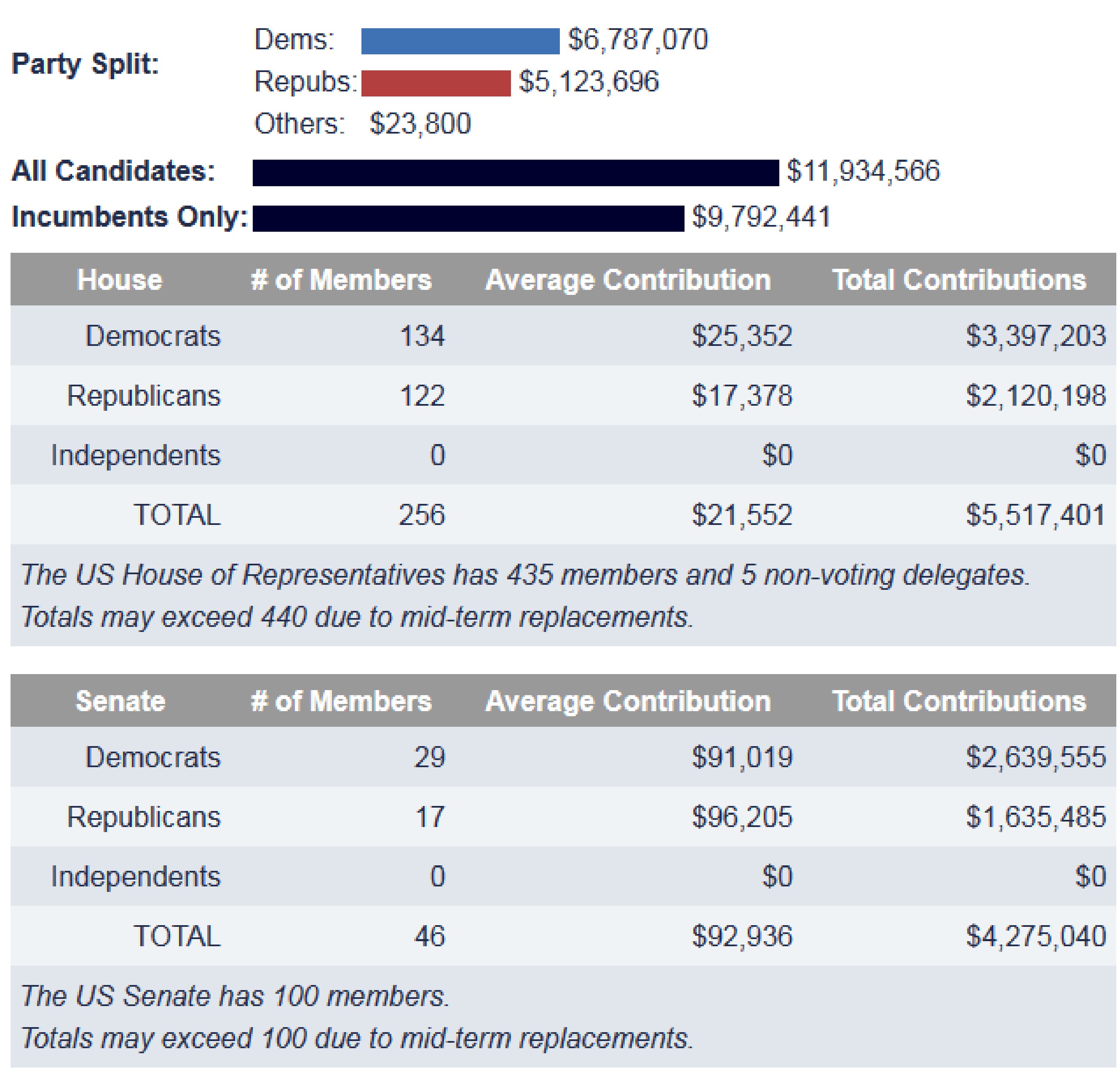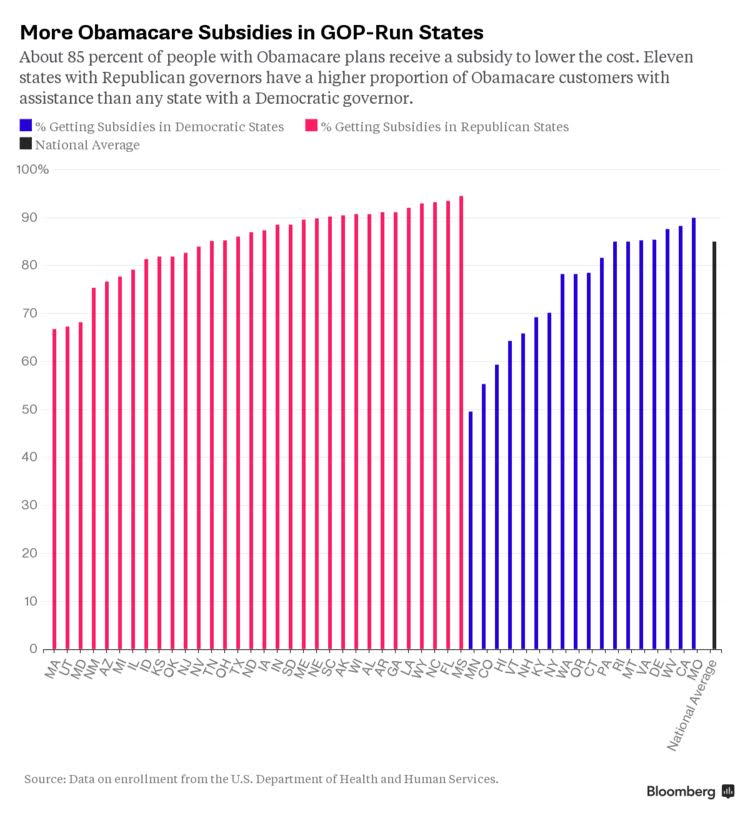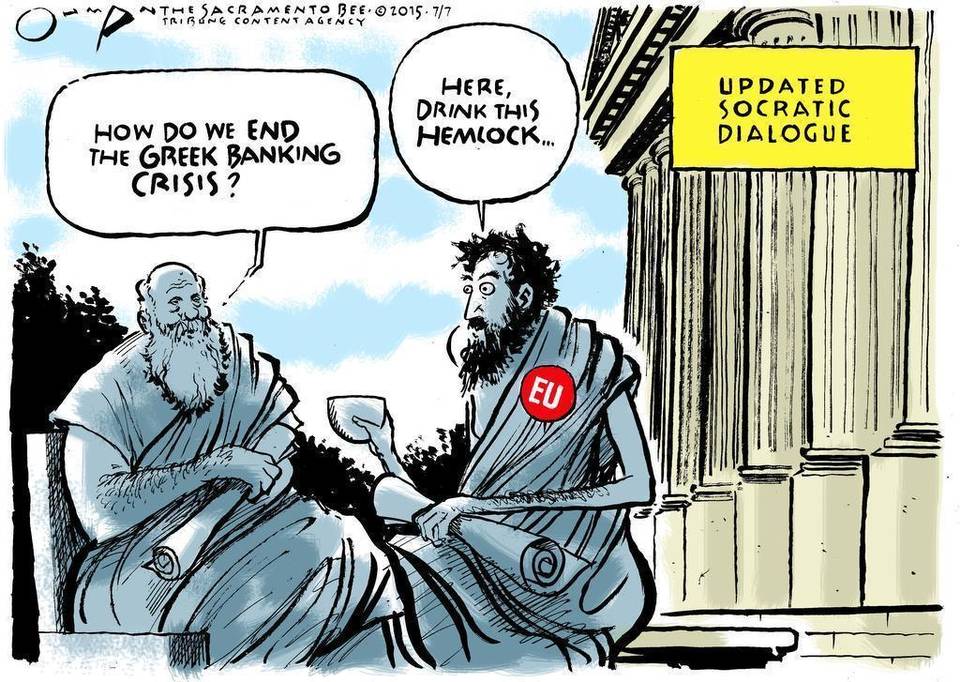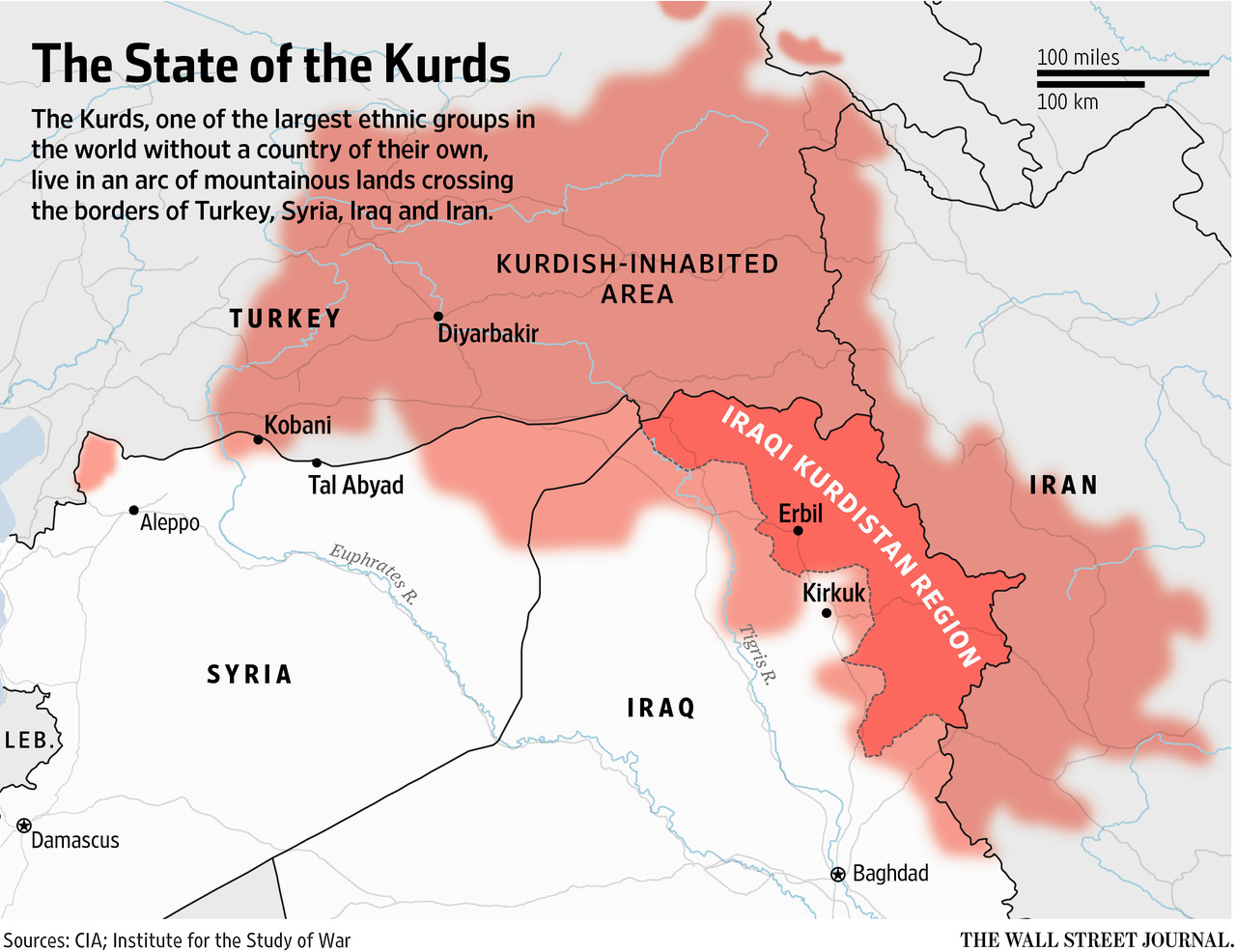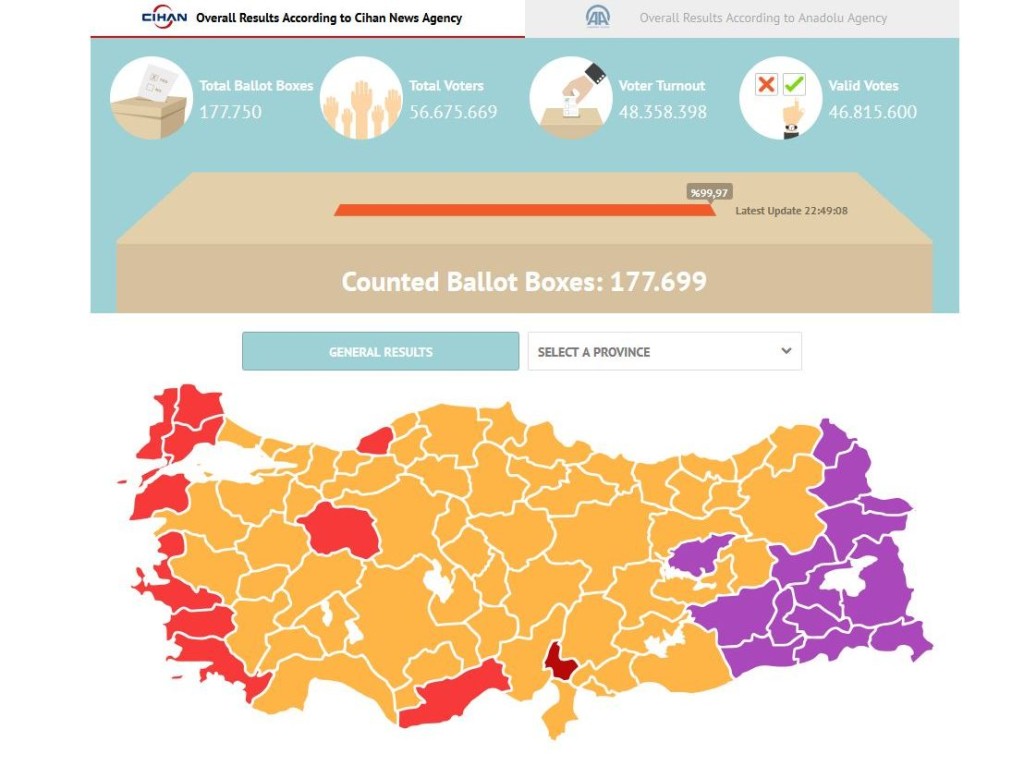The Republicans job of whipping up support to override an Obama veto of the bill to kill the Iran deal got tougher since Kerry just secured limited support for the deal from the Gulf States. The NYT reports that Khalid al-Attiyah, the foreign minister of Qatar, who hosted the meeting of the Gulf Cooperation Council, said:
This was the best option among other options…We are confident that what they undertook makes this region safer and more stable.
With that, most Democrats who are on the fence will likely be convinced to support the deal.
Republicans should be convinced as well, but most won’t be. However, one Republican, Pat Buchanan, thinks they are wrong:
It appears that Hill Republicans will be near unanimous in voting a resolution of rejection of the Iran nuclear deal. They will then vote to override President Obama’s veto of their resolution…
Buchanan goes on to say that, if Republicans override the veto, the US will vote in the UN Security Council to lift sanctions, along with the UK, France, Germany, Russia and China, and:
A…vote to kill the Iran deal would thus leave the US isolated, its government humiliated, unable to comply with the pledges its own secretary of state negotiated. Would Americans cheer the GOP for leaving the United States with egg all over its face?
And if Congress refuses to honor the agreement, but Iran complies with all its terms, who among our friends and allies would stand with an obdurate America then? Israel would applaud, the Saudis perhaps, but who else?
Now, it seems that applause will not include the Gulf States. Here’s Buchanan’s money quote:
And how is Israel, with hundreds of atom bombs, mortally imperiled by a deal that leaves Iran with not a single ounce of bomb-grade uranium?
Word. Another Republican, David Stockman, (former OMB Director for Reagan) had this to say about the deal and its Republican support: (brackets by the Wrongologist)
Indeed, it was the same crowd of Cheney, Wolfowitz, Bolton, Feith et.al. [who]…falsified the WMD claims against Saddam Hussein, [and] have been beating the war drums so loudly about the alleged Iranian nuclear weapons program.
Stockman concludes: (emphasis by Stockman)
So it needs to be shouted from the rafters at the outset that all the arm-waving and screeching against this deal by the GOP war-mongers and the Israeli lobby is grounded in a Big Lie. The whole Iran-is-after-the-bomb narrative is just WMD 2.0.
Finally, some clear thinking by a few Republicans on Iran.
The Iraq War was one of the most important and damaging episodes in the history of US foreign policy. And everyone remembers that the war was based on a lie, and that the lie was brought to you by Republicans.
Can Republicans explain why their demand for total capitulation by Iran is so well-suited to creating a winning position for the West? How can these Republicans pretend that nothing has happened over the last 15 years that throws their neo-con, chicken-hawk worldview into question?
It’s fair to ask Republicans who championed the Iraq War to explain the differences between the Iraq WMD debacle and the current situation in Iran. If they are compelled to debate why we should bomb or invade, and how that outcome would be any better than it was in Iraq, the debate over the Iran nuclear deal might turn out not to be much of a debate at all.
Sadly, most Republicans are not thinking clearly regarding Israel vs. Iran. In April, the Wrongologist reported on a Bloomberg poll showing that Republicans think that “patriotism” doesn’t mean they must support America’s interests first when it comes to Israel. From Bloomberg:
Republicans by a ratio of more than 2-to-1 say the US should support Israel even when its stance diverges with American interests…Democrats, by roughly the same ratio, say the opposite is true and that the US must pursue its own interests over Israel’s.
American Republicans said that Israel comes first by a 67/30 margin.
Learn from that, and don’t vote for ANY candidate who says that Israel’s needs come first in the debate about the Iran deal.

